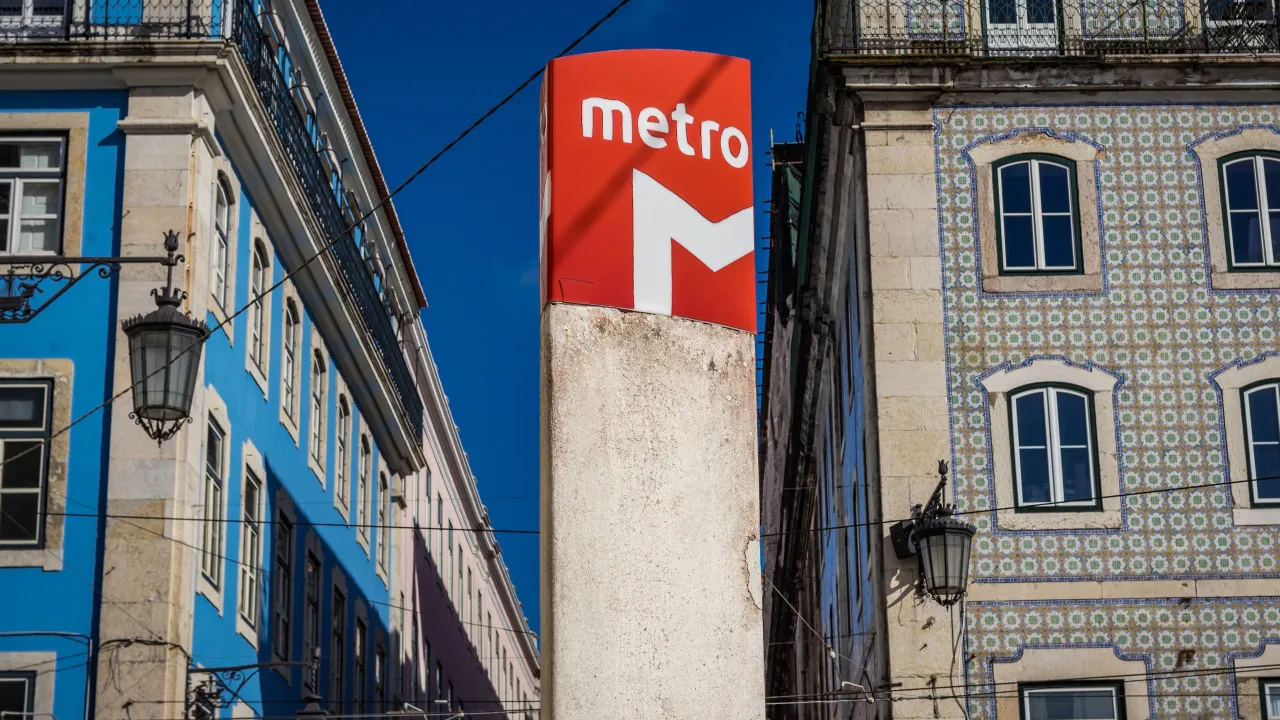In this article we’ll explain how to apply for IMI exemption and how to find out if you’re covered by this measure.
The time has come to buy a house and you would like to know, among other things, whether or not you are exempt from paying IMI. There are certain situations in which IMI is exempt and it’s important that you know them to avoid falling into error or doubt.
Below we explain what IMI is, how it is calculated and what types of exemption there are so you can find out if you fall into any of these situations.
What is Municipal Property Tax (IMI)?
Anyone who owns property has to pay IMI. This is a tax whose rate is set by the municipalities where the property is located. It is paid annually and can be paid in a single lump sum or, depending on the value, it can be paid in up to three installments.
How is IMI calculated?
IMI = Taxable Asset Value (VPT) x Applicable rate
It can be paid for:
- In Full (if the tax is 100€ or less);
- In 2 installments, in May and November (if the tax is between €100 and €500);
- In 3 installments, in May, August and November (whenever the tax exceeds €500).
Types of IMI exemption
There are two types of IMI exemption, permanent and temporary, the latter being the most common. Both are calculated according to the household and the VPT of the property.
Temporary exemption
This temporary IMI exemption is granted for a period of 3 years, extendable for a further 2 years (the latter possible only after the implementation of the “Mais Habitação Program“). Families who:
They buy a property for their own permanent home;
The VPT does not exceed €125,000;
Whose annual gross income does not exceed €153,000
Each owner or household can only take advantage of this type of exemption twice.
Permanent exemption
In order to benefit from this type of exemption, you need to meet certain conditions, such as:
- The property is for own or permanent residence;
- That the family’s gross income does not exceed €16,398.17 (the figure for the 2024 IMI), i.e. does not exceed 2.3 x 14 IAS (Social Support Index);
- The total value of the family’s properties does not exceed €71,296.4 (10 x 14 IAS).
Other exemptions
In addition to the cases mentioned above, there are other types of exemption, some of which are recent and have been covered since October 7, 2023. These include
- Garages, storage rooms and pantries (provided they are part of the same building or housing complex);
- Properties rented under the rental support program;
Land for the construction of houses and buildings for residential use (with the exception of owners who have bought the property from someone who has already benefited from the exemption, are tax resident in an area with a more advantageous tax regime, or are an organization controlled by someone who is resident in an area with a more advantageous tax regime); - Less common properties( nationalheritage, properties with stores with a history, urban properties subject to urban rehabilitation, rural properties for forestry purposes, urban properties whose energy comes from renewable sources, energy-efficient homes).
How to apply for IMI exemption
In the case of permanent exemption, everything is automatic, as the customs tax authority (AT) already has all the data. You can check this on the tax portal.
In the case of the temporary exemption, you can request it online or in person. If you apply online, all you have to do is go to the tax office portal and select the “submit IMI exemption request” option. In the reason for exemption, you should choose the option that best characterizes your situation.
Deadline for requesting exemption from IMI
The request can only be made after the address has been changed on the tax portal. It must be submitted within 60 days of purchase.
Young people will enjoy IMT exemption and 100% housing credit








